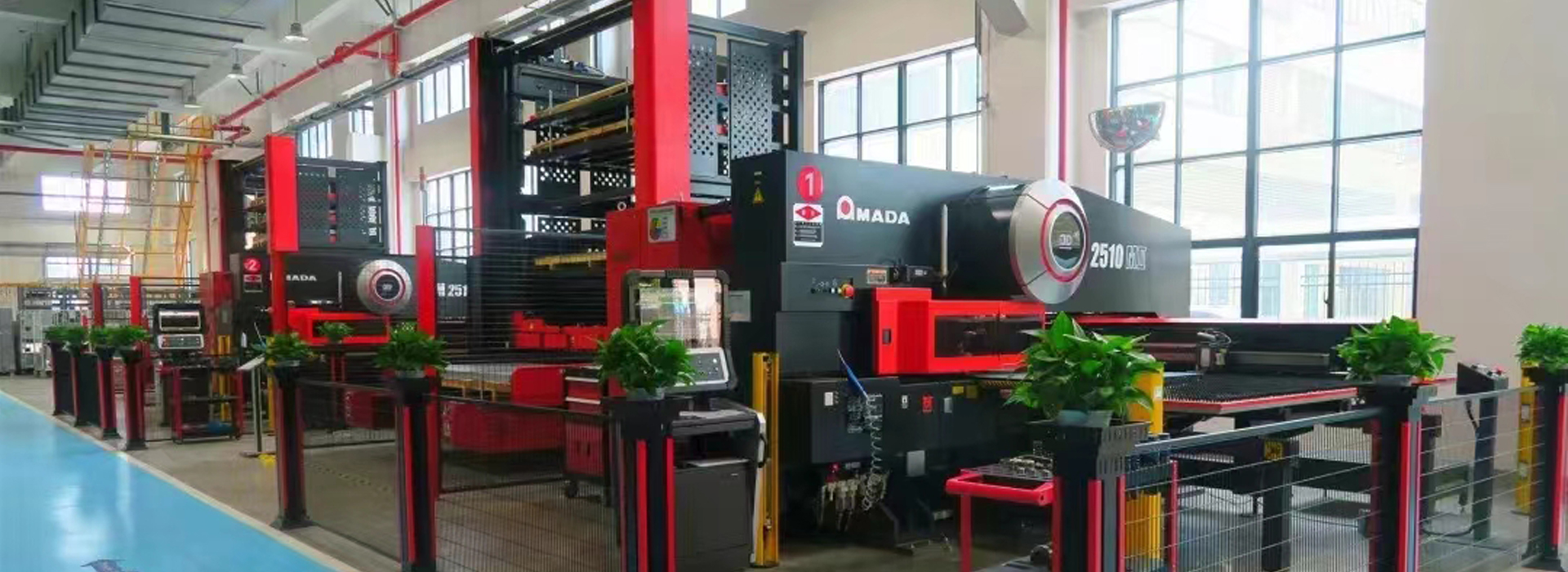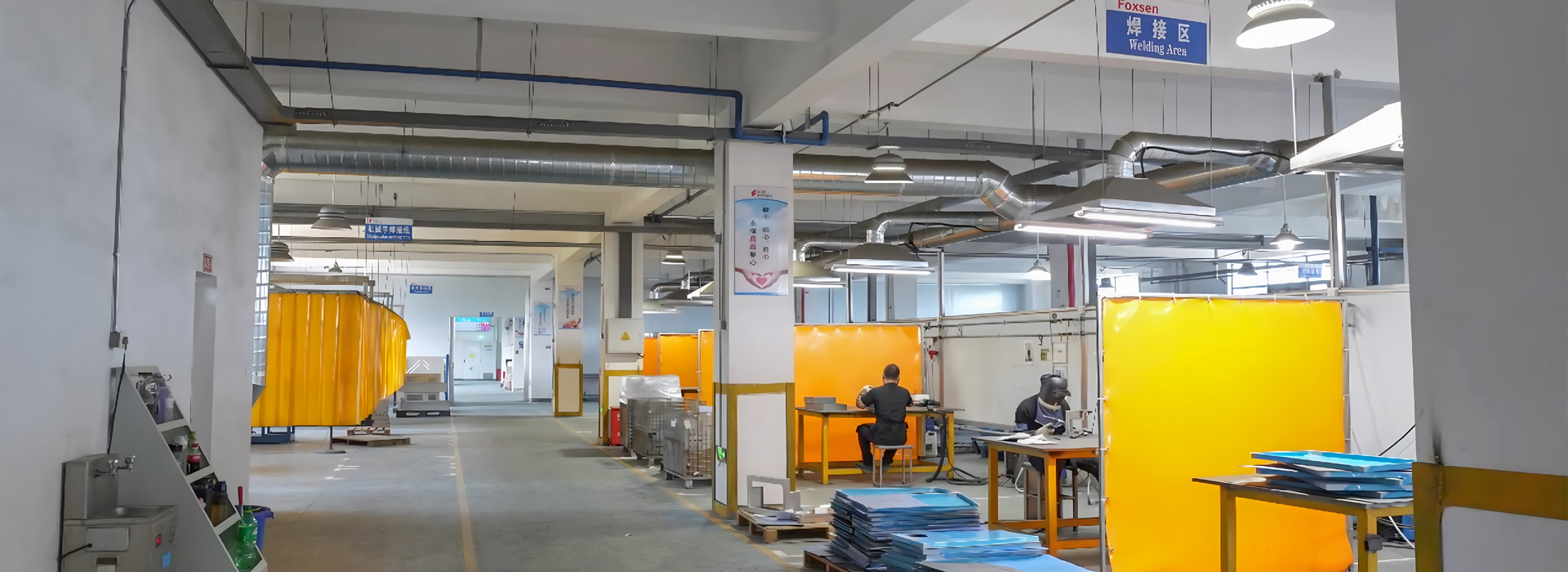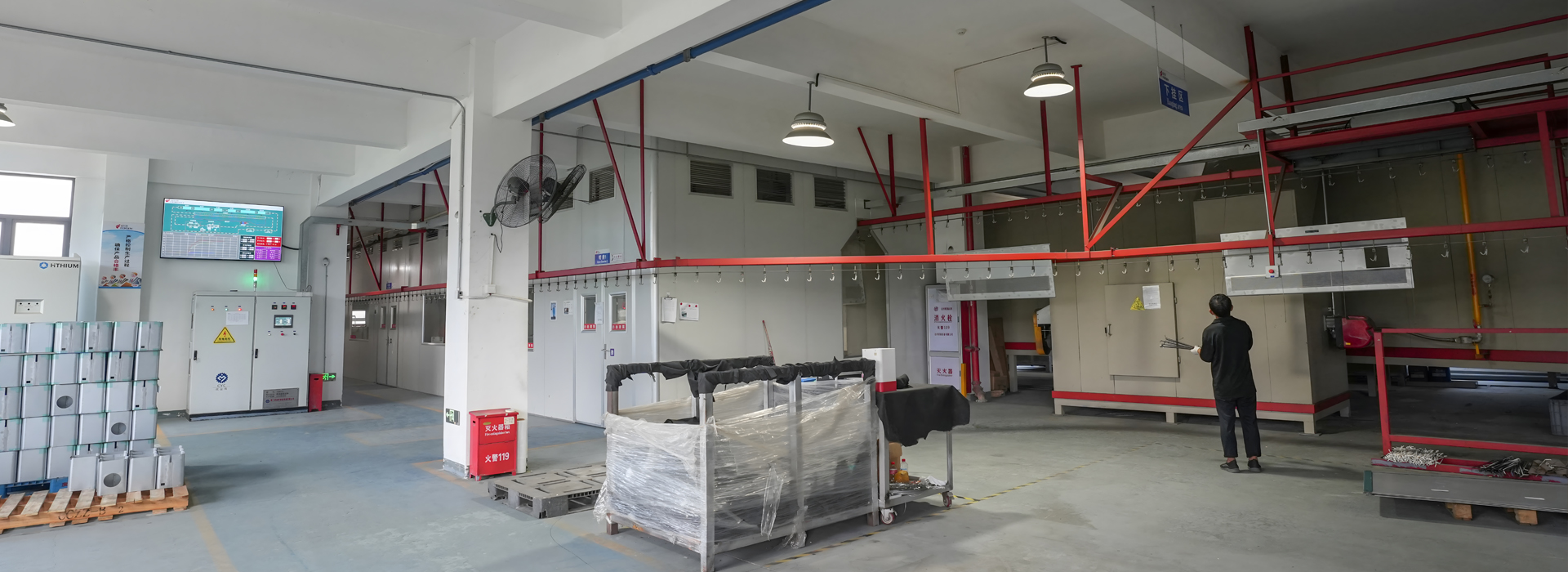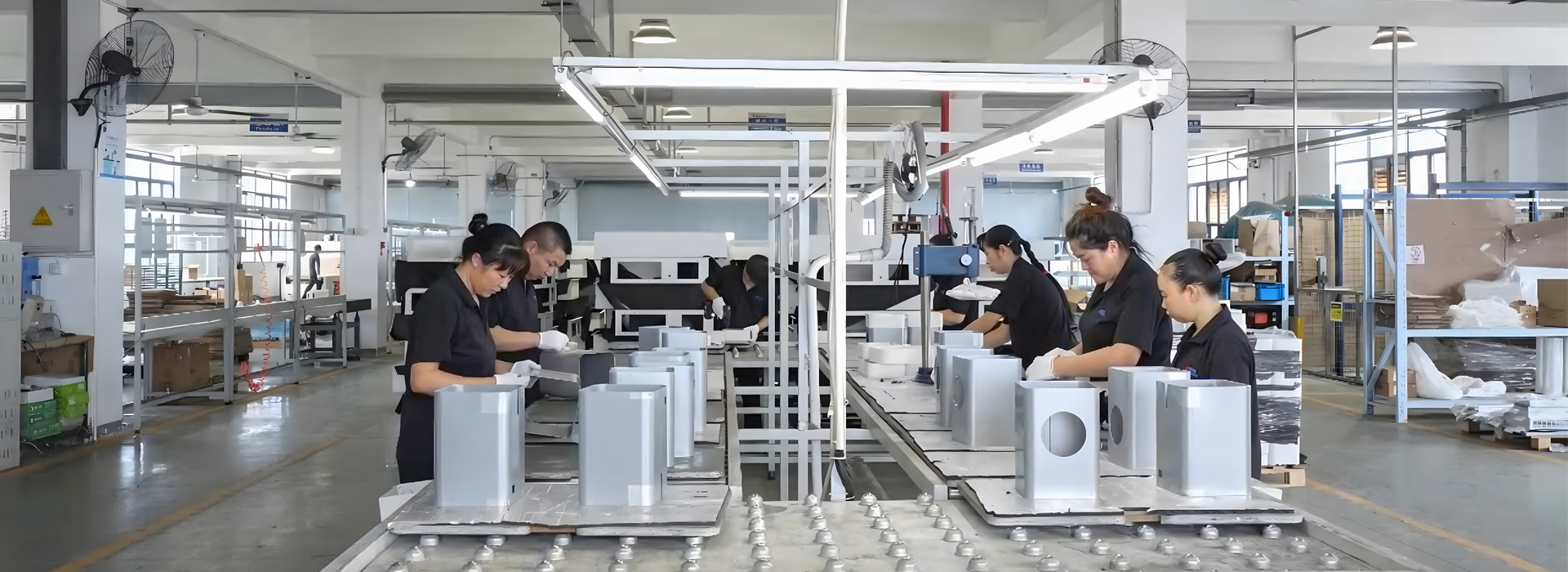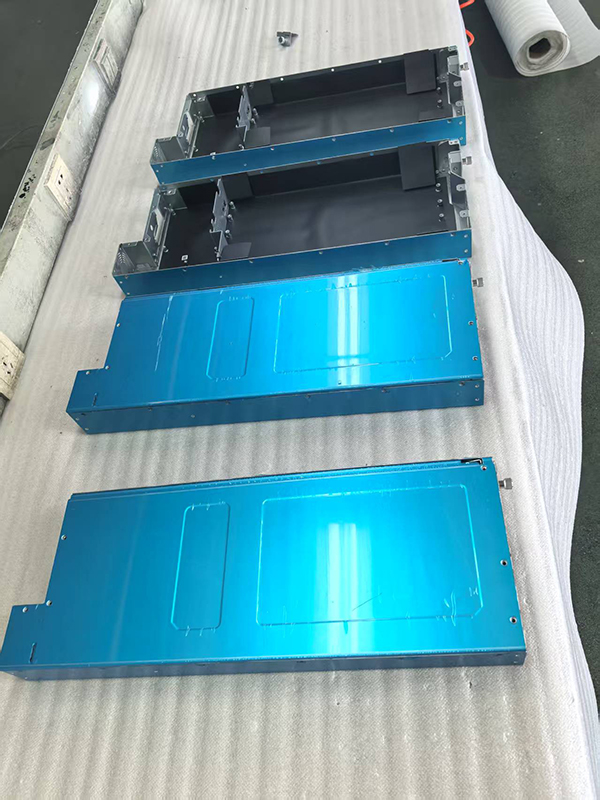
Outdoor battery systems often face tough weather and environmental challenges. Without good protection, batteries wear out faster, risking safety and performance. A strong sheet metal outdoor battery enclosure is a great solution. It keeps batteries safe from adverse weather conditions like heavy rain or scorching sun. It also prevents dust and water from causing damage inside. This protection helps batteries last longer and reduces waste from frequent replacements. For example:
Making batteries creates up to 60 kg of CO₂ per kWh.
Producing lithium-ion batteries adds 50-100 million metric tons of CO₂ yearly.
Batteries make up 40% of an electric car’s total carbon impact.
Using a sturdy enclosure helps your energy system operate efficiently and remain eco-friendly.
Key Takeaways
Outdoor battery boxes shield batteries from bad weather, making them last longer and stay safer.
Picking a good-quality box lowers the chance of battery problems, keeping energy systems steady and working well.
Strong materials like aluminium stop rust and damage, helping the box work well for years in hard weather.
Proper airflow in the box controls heat, stopping batteries from getting too hot and helping them work better.
Spending on a sturdy box saves money by cutting repair costs and needing fewer battery changes.
The Importance of Outdoor Battery Enclosures
Protection from Environmental Hazards
Outdoor batteries face tough weather and environmental challenges daily. Without protection, water, dust, and heat can damage them. A strong enclosure works like a shield to keep them safe. For example, enclosures with IP65 or IP67 ratings block dust and water. This keeps batteries working even in heavy rain or dusty areas.
Tests show how well these enclosures work. For instance:
Lithium-ion enclosures can handle overheating without failing.
Fire-resistant parts and replaceable panels add extra safety.
These features lower risks from overcharging and other problems.
Using a durable sheet metal enclosure protects batteries from harm. It helps them last longer and reduces how often they need replacing. This saves both time and money.
Ensuring Operational Safety
Safety is very important for energy storage systems. Batteries, like lithium-ion ones, can overheat or catch fire. A strong enclosure lowers these risks by keeping batteries in a safe space. It stops things like water or dirt from causing problems.
Data shows why this matters. Between 2018 and 2024, battery failures dropped by 98%. This is thanks to better safety rules and protective enclosures. Features like rubber seals and drainage systems also keep batteries safe in all conditions.
Choosing a high-quality enclosure protects your batteries and keeps them working well. It also makes energy systems safer and reduces the chance of accidents.
Advantages of High-Quality Sheet Metal Outdoor Battery Enclosures
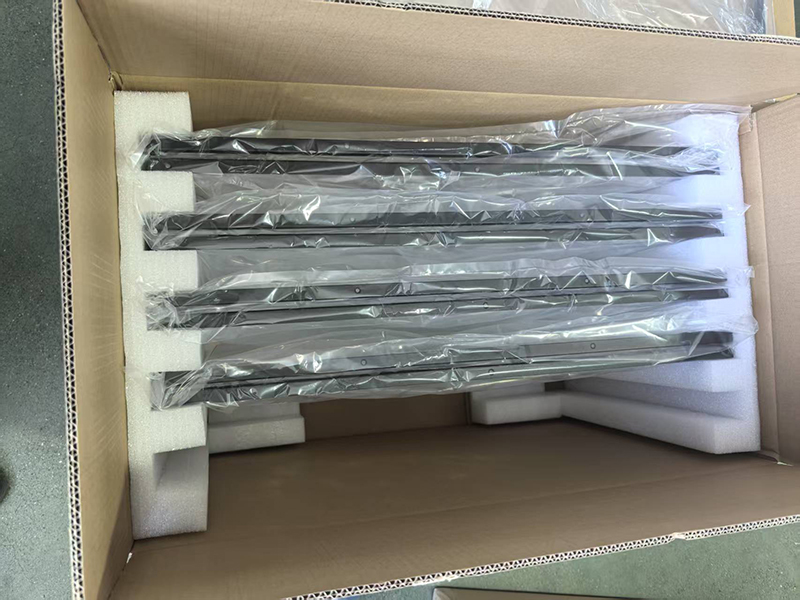
Durability and Corrosion Resistance
A strong sheet metal battery enclosure lasts a long time. It protects batteries from tough weather and damage. Aluminium alloy, like AL6061, is often used for these enclosures. This material is light but strong, making it great for outdoor use. It doesn’t wear out easily, so it stays reliable for years.
Stopping rust is also very important. Special coatings and materials block moisture, salt, and chemicals. Tests show these enclosures work well:
They stay strong and keep batteries safe from rust and water.
Composite materials make them lighter and stop corrosion.
These features help batteries and enclosures last longer, saving money.
Picking a durable enclosure keeps your energy system working well. It stays efficient even in bad weather.
Enhanced System Performance
Good enclosures do more than protect—they improve battery performance. They manage heat well, stopping batteries from overheating. Aluminium alloy like AL6061 helps keep temperatures steady. This prevents damage and makes batteries last longer.
Ventilation and drainage holes also help. They stop water from building up inside. This is very useful for lithium-ion batteries, which need stable temperatures.
When batteries work better, the whole energy system improves. You get fewer problems, better efficiency, and reliable power. A well-made enclosure keeps everything running smoothly, even in tough conditions.
Long-Term Cost Savings
Buying a strong enclosure costs more at first but saves money later. It lowers repair costs and helps batteries last longer. This means you don’t need to replace them often, saving money over time.
Studies show battery systems also cut electricity bills. They do this by managing energy use and shifting power times. Some systems even earn money by joining energy programmes.
Good enclosures protect batteries during power cuts, keeping energy flowing. This reduces downtime and extra costs, making systems more reliable.
Choosing a high-quality enclosure is a smart investment. It boosts performance and saves money in the long run.
Key Features of a High-Quality Sheet Metal Outdoor Battery Enclosure
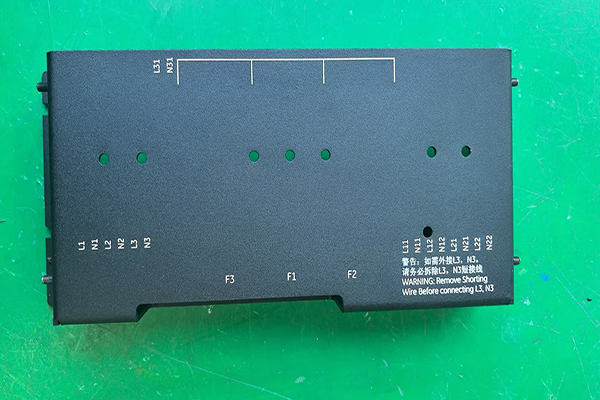
Material and Build Quality
The material and design of an enclosure affect how strong it is. Aluminium enclosures are lighter than steel by 30-40%. This makes them easier to move and set up. Thermoplastics are even lighter and help lower CO₂ emissions. Composite materials add extra benefits like stopping rust and managing heat better. They also allow flexible designs to fit specific needs.
For instance, SABIC's thermoplastic used in the Honda CR-V hybrid cut weight by 10% compared to steel. This shows how modern materials improve safety and efficiency. The table below lists key material features:
Weatherproofing and Ventilation
Weatherproofing keeps batteries safe from bad weather. High IP ratings like IP65 or IP67 stop dust and water from getting in. Silicone rubber seals block leaks, and drainage holes remove trapped water. These features keep batteries dry, even in heavy rain or damp air.
Ventilation helps control heat, stopping batteries from overheating. This is very important for lithium-ion batteries, which can break down in high heat. Good airflow also improves battery performance, giving steady and reliable energy.
Compliance with Safety Standards
Safety standards make sure enclosures meet global rules for battery safety. Certifications like ANSI/CAN/UL 2271 and IEC 62133 ensure safe use and transport. These rules cover risks like overheating, short circuits, and impacts.
Important certifications include:
ANSI/CAN/UL 2271 prevents overheating and short circuits.
UN 38.3 ensures batteries survive tough weather during shipping.
IEC 62133 is needed for selling in international markets.
Following these standards ensures enclosures are safe and meet industry rules.
Applications in Energy Systems
Renewable Energy Storage
Battery enclosures are important for renewable energy systems. They protect batteries from weather damage, keeping them working well. These enclosures are especially useful for solar and wind energy setups.
Renewable energy storage systems, like Battery Energy Storage Systems (BESS), need strong enclosures. These systems have great performance benefits:
Using durable enclosures makes renewable energy systems work better. They provide steady power and cut down on energy loss.
Industrial and Commercial Use
In factories and businesses, battery enclosures are very useful. They protect energy systems used for backup power and balancing energy loads. These enclosures help keep things running during power cuts or high energy use.
Many companies use batteries to save money and improve reliability. Enclosures with good heat control and weatherproofing keep batteries working in tough conditions. This reduces downtime and keeps work going, making energy systems more valuable.
Off-Grid and Remote Locations
Remote areas often have extreme weather. Battery enclosures protect energy systems in these tough places. They keep batteries safe from dust, water, and temperature changes.
These enclosures ensure power stays on in faraway locations. Their strong build and rust-proof materials make them great for long-term use. By choosing good enclosures, you get reliable energy for remote areas, no matter the weather.
Strong outdoor battery enclosures are key to keeping energy systems safe. They guard batteries from bad weather, boost safety, and help them last longer. By picking a top option like 'The Definitive Outdoor Battery Enclosure' by Foxsen, you protect your energy setup with smart design and tough materials.
🛡️ Tip: A sturdy enclosure improves efficiency and cuts costs over time. Choose wisely now to protect your energy systems for the future.
FAQ
What does an outdoor battery enclosure do?
It keeps batteries safe from rain, dust, and heat. This improves safety, helps them work better, and makes them last longer.
How can I pick the right material for my enclosure?
Choose materials based on where you live. Near the sea, use rust-proof metals like stainless steel or galvanised steel. Aluminium is strong and light, while special coatings give extra protection.
Why is airflow important in battery enclosures?
Airflow stops batteries from getting too hot. It keeps them working well and lasting longer. Good ventilation also prevents water drops inside that could harm parts.
Are strong enclosures worth spending more money on?
Yes, they save money over time. They need less fixing, make batteries last longer, and stop frequent replacements. They also keep systems reliable in bad weather.
Can off-grid systems use these enclosures?
Yes, they are great for off-grid setups. They protect batteries from bad weather and give steady power in faraway places. Their tough build makes them good for long-term use.

